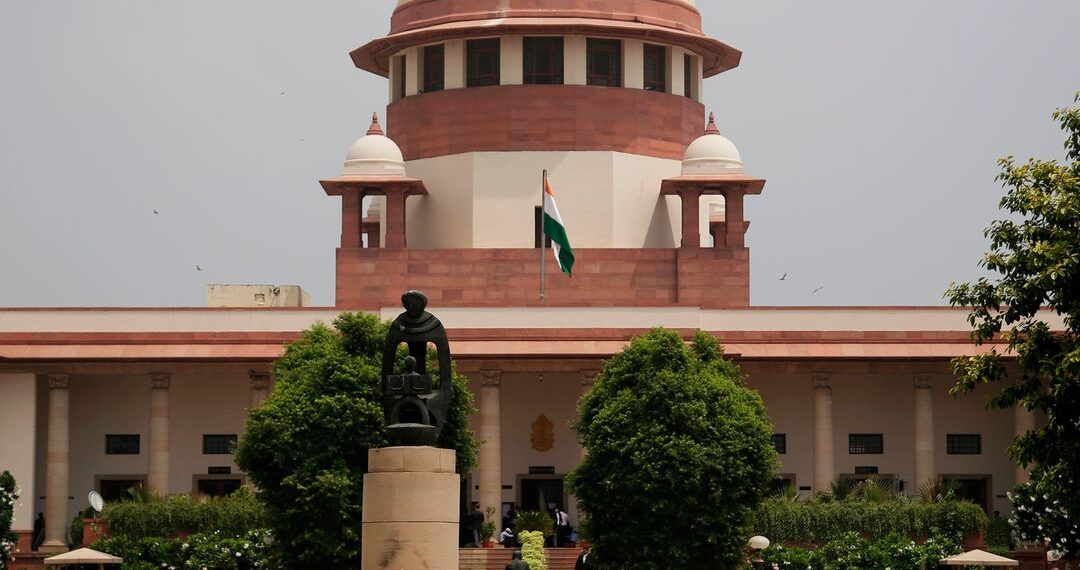New Delhi: The Supreme Court on Monday refused to relax the Stage IV restrictions under the Graded Action Response Plan (GRAP) aimed at combating Delhi’s severe air pollution.
The Court said it would consider easing measures only after seeing a consistent improvement in the Air Quality Index (AQI).
A bench comprising Justice Abhay S. Oka and Justice Augustine George Masih was hearing the long-running MC Mehta case on air quality in the National Capital Region.
Additional Solicitor General Aishwarya Bhati, representing the Commission for Air Quality Management (CAQM), sought permission to relax some of the stringent GRAP-IV measures, describing them as highly disruptive.
However, Justice Oka remarked, “The AQI is not stable; it has increased. We will review your suggestions, but no relaxations will be allowed today.”
The bench emphasised the need for a sustained downward trend in AQI levels before easing any restrictions.
Justice Oka stated, “We want to ensure that there is a clear improvement in air quality. While we understand these measures cannot be permanent, we need assurance of consistent progress.”
Senior Advocate Aparajita Singh, the Amicus Curiae in the case, said that early implementation of emergency measures could have mitigated the situation and reduced the need for such severe restrictions.
The bench also called for chief secretaries of NCR states to participate in a video conference meeting to report on compensations paid to construction workers displaced by the enforced restrictions.
The Court asked the chief secretaries to virtually appear before the court on December 5 (Thursday) before 3:30 pm.
The Court will take up the matter and revisit the CAQM’s suggestions on Thursday, December 5, after analysing updated AQI data.
UNI


